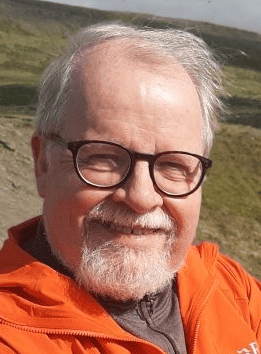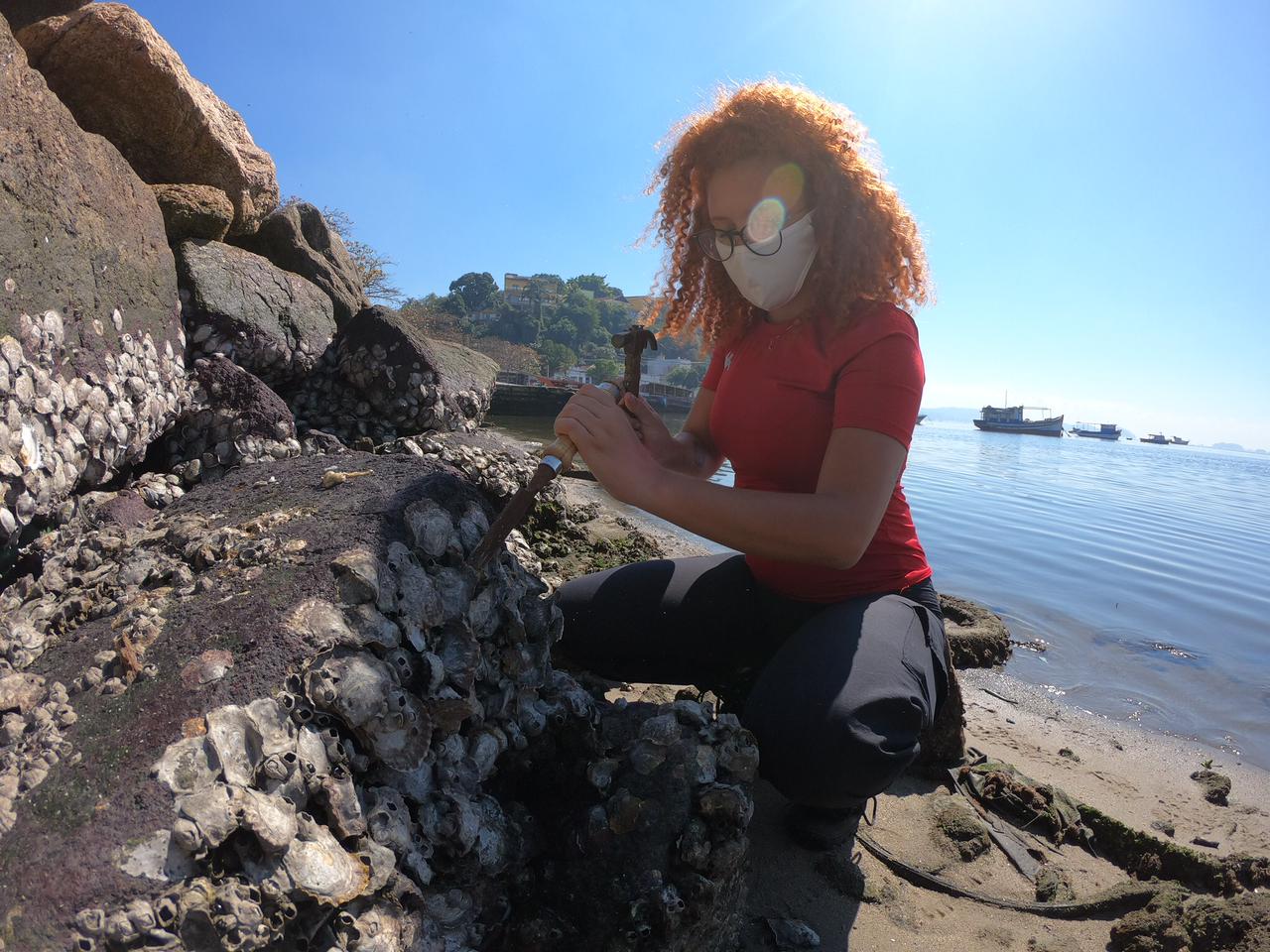FSBI medal winners 2024
Home About News Job Board Our Objectives and Council IFM Partnership Equity, Diversity and Inclusion Brand Identity Medals Funding Travel Grants PhD Studentships Information for Current Students Postdoctoral International Travelling Fellowships (PITF) Small Research Grants Wyn Wheeler Research Grants Training Grants FSBI Sponsorships Outreach Grant Internships Annual Symposium The Upcoming Symposium Host the Next Symposium […]



